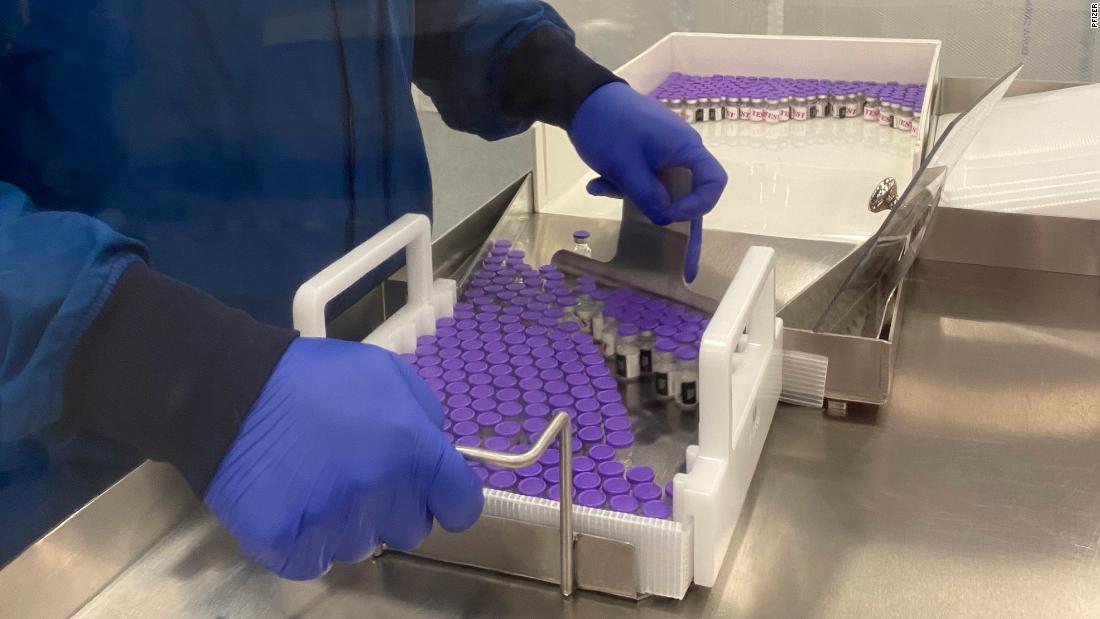A vaccine isn’t worth much if people won’t actually get it. A look at the polling trendline, however, suggests public sentiment is shifting.
That’s up from mid-September when just 50% said they would get vaccinated.
A vaccine, however, isn’t worth much if Americans won’t actually get it. A look at the polling trendline on a coronavirus vaccine and history suggests it is, again, mostly good news when it comes to people being willing to get it.
When you dig deeper, you see that much of the concern with a vaccine has to do with safety and efficiency. In the Axios/Ipsos poll, 68% of Americans said they’d likely get the vaccine if proven safe and effective by public health officials. Among the 42% of Americans who said they wouldn’t take the vaccination in the Gallup poll, 63% cited either a rushed timeline or waiting to see if it’s safe as the reason.
In other words, a lot of folks just want to know that the vaccine is safe and effective. If it is, the percentage of folks willing to get vaccinated is likely to climb.
Just the latest news on Pfizer and Moderna vaccines could boost the percentage willing to get the vaccination.
In the Axios/Ipsos poll conducted before Moderna’s released their initial findings and after Pfizer’s initial findings (but before they released more details and asked for emergency authorization), 61% of Americans said they’d take the vaccine if the pharmaceutical companies told them it was at least 90% effective. This up from the 45% baseline who said they’d get immediately vaccinated without knowing any more information in the same poll. The two companies have now said their vaccines were 94.5% and 95% effective.
Once the vaccine was shown to be effective, the necessary number of Americans got the vaccine.
Now, we obviously don’t know how the coronavirus vaccines will turn out. History is only a guide.
Hopefully, the vaccine uptake is bipartisan when the vaccine hits the market. A lot of lives could depend on it.
This is why it’s so important for both Democratic and Republican leaders to back up the scientists if they say a vaccination is safe.
![]()


